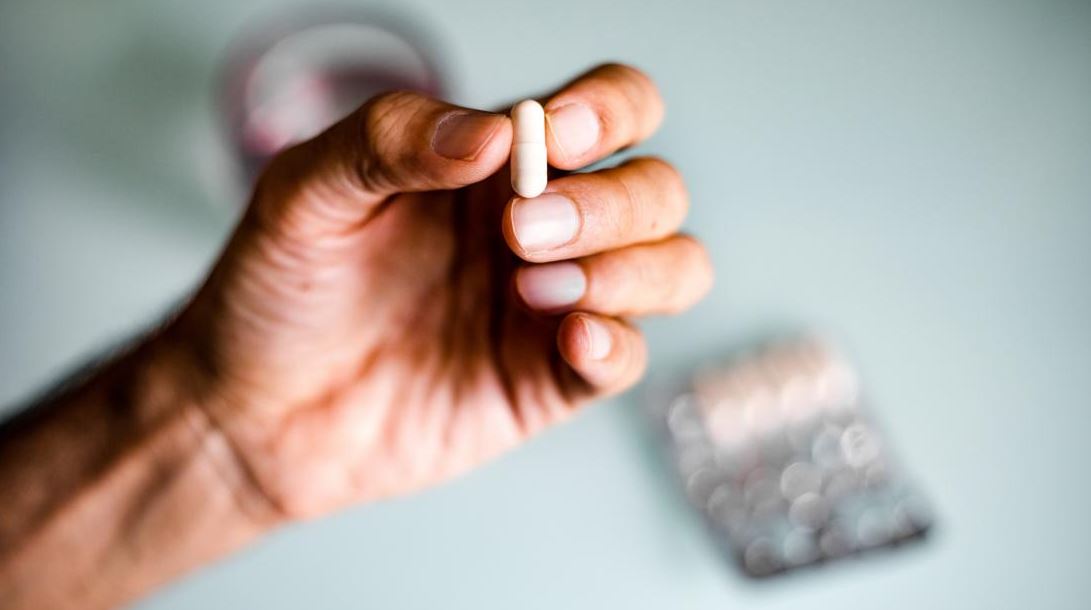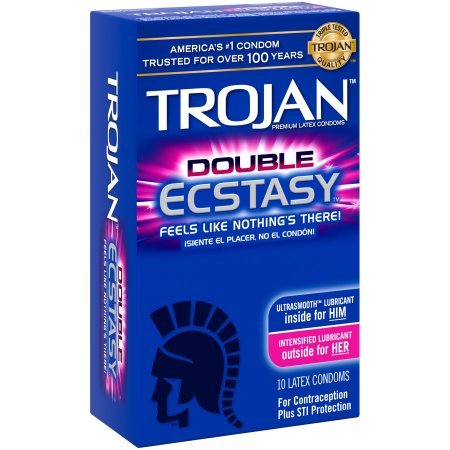
Considered as the most common disorder of male sexuality, premature ejaculation causes, with almost constant frequency, the emission of sperm after 5 or 10 coital thrusts or even before penetration, resulting in lack of satisfaction.
 Premature ejaculation typically affects young men and is present from the first intercourse, but it can also occur after long periods of regular intercourse. In the latter case, it arises in relation to three factors: lower frequency of sexual intercourse, performance anxiety in front of a new partner, or the appearance of inflammatory or organic diseases of the genital organs.
Premature ejaculation typically affects young men and is present from the first intercourse, but it can also occur after long periods of regular intercourse. In the latter case, it arises in relation to three factors: lower frequency of sexual intercourse, performance anxiety in front of a new partner, or the appearance of inflammatory or organic diseases of the genital organs.
Causes
To deal with premature ejaculation, it is essential to first understand the root causes of the problem. These may include stress, anxiety, and other emotional difficulties, as well as physical factors such as hypersensitivity of the glans penis.
The causes of premature ejaculation are mainly psychological in nature. For example, the unconscious desire to quickly end the relationship for fear of not being able to keep it longer is an aspect of performance anxiety. On the other hand, cases of temporary premature ejaculation related to the presence of organic pathologies such as urethritis, vasculitis, prostatitis, short frenulum, and phimosis (narrowing of the foreskin that prevents a man from discovering the glans).
Treatment
In the presence of inflammatory or congenital pathologies of the penis and glans, premature ejaculation requires the treatment of existing pathologies, which will be followed by the treatment of the psychological aspect.
 Circumcision and frenotomy surgery (The excision of the frenulum), even before drug therapy, is proposed by many specialists as a treatment for premature ejaculation when it is secondary to hypersensitivity of the glans. In the absence of an organic cause, however, the therapy involves the correction of the psychological aspects through two types of intervention:
Circumcision and frenotomy surgery (The excision of the frenulum), even before drug therapy, is proposed by many specialists as a treatment for premature ejaculation when it is secondary to hypersensitivity of the glans. In the absence of an organic cause, however, the therapy involves the correction of the psychological aspects through two types of intervention:
- Behavioral Therapy– It takes place both through an individual path and with the active involvement of your partner in exercises aimed at increasing control over ejaculation.
- Psychopharmacological Therapy– which uses specific drugs (such as alpha-adrenergic blockers and serotonergic antidepressants) aimed at decreasing the sensitivity of the genital organ and thus delaying the achievement of orgasm.
In summary, a suitable therapeutic procedure immediately involves the use of drugs and, at the same time, the initiation of couple behavioral therapy practices, which require a longer time to have effects. In the following months, slowly, they will be reduced until the drugs cease, as soon as the behavioral therapies have achieved male ejaculatory control.


